After the surge in sales during the mid-year examinations in June, July witnessed a clear divergence in sales among domestic new energy vehicle brands. Several mainstream new energy brands, including Li Auto, NIO, Aion, Avita, and others, experienced a decline in sales compared to the previous month. Notably, Li Auto's performance raised concerns as its sales fell for two consecutive months, with a year-on-year decline of over 40%. In stark contrast, brands like Leapmotor, Xpeng, and Xiaomi saw their sales rise, reaching new highs. Leapmotor's sales exceeded 50,000 units for the first time, maintaining the top spot in sales among new energy brands for five consecutive months. Xpeng delivered 36,717 vehicles, surpassing Li Auto to regain its position in the top three, while Xiaomi broke the 30,000 monthly sales mark for the first time, marking a significant 20% increase, re-entering the top five sales rankings. Leapmotor achieved remarkable results with 50,129 deliveries in July, a historical high and a year-on-year increase of over 126%. This success was supported by the launch of two new models: the refreshed C11 and the B01, which offered competitive pricing and advanced features. Xiaomi's deliveries exceeded 30,000 vehicles, reaching a cumulative total of 300,000 in just 15 months since its launch. Meanwhile, Xpeng's delivery figures rose significantly, with a year-on-year increase of 229%. In contrast, Li Auto delivered 30,731 vehicles, a decrease of 15% from the previous month and a 40% year-on-year drop. NIO delivered 21,017 vehicles, with an increase of 25.2% in the first seven months of the year. Lantu also saw a significant rise in sales, delivering 12,135 vehicles in July, a year-on-year increase of 102%. The overall market performance reflects a complex landscape with varying fortunes among different brands.
July Sales Show Divergence Among Domestic New Energy Vehicle Brands
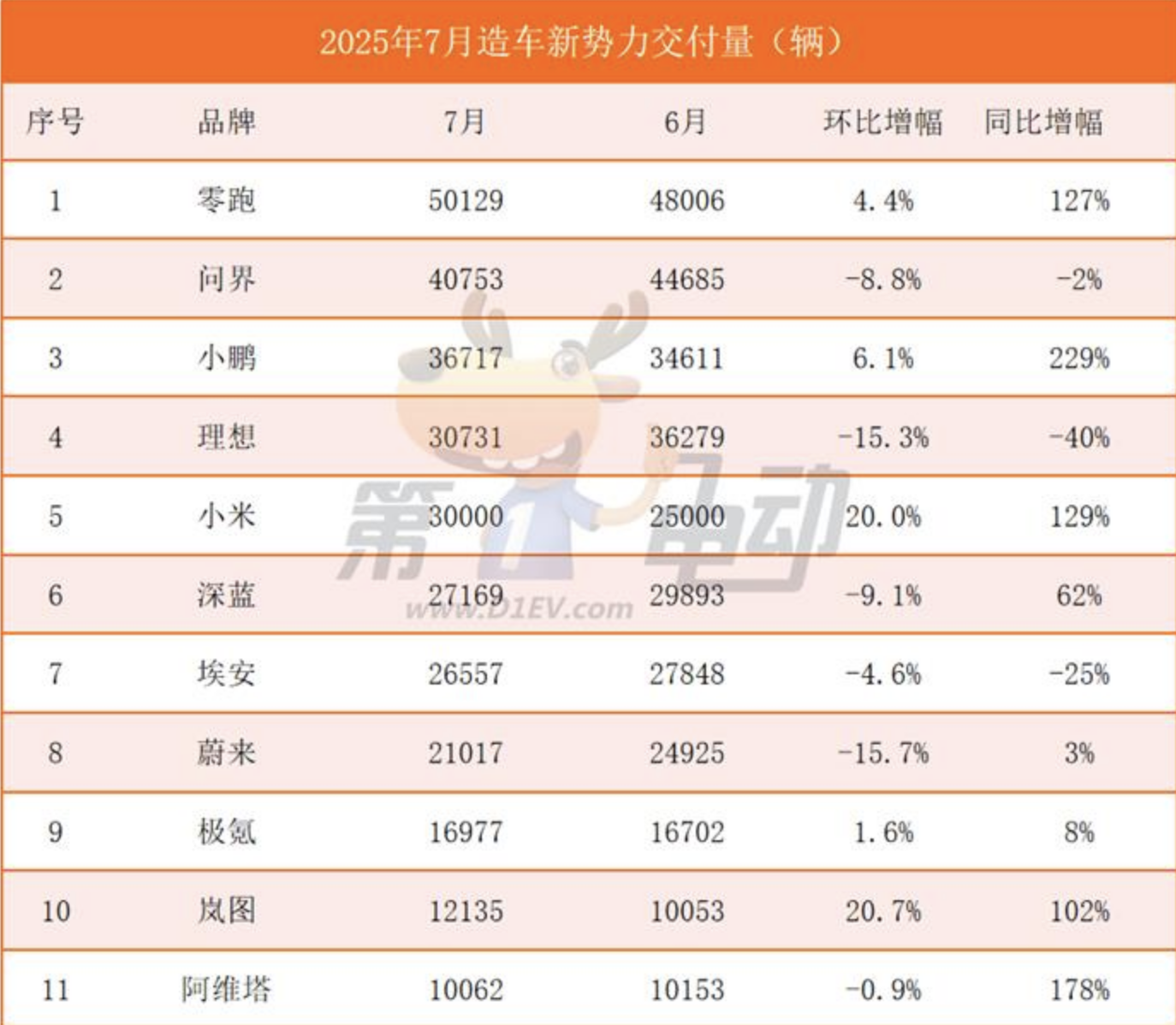
Images
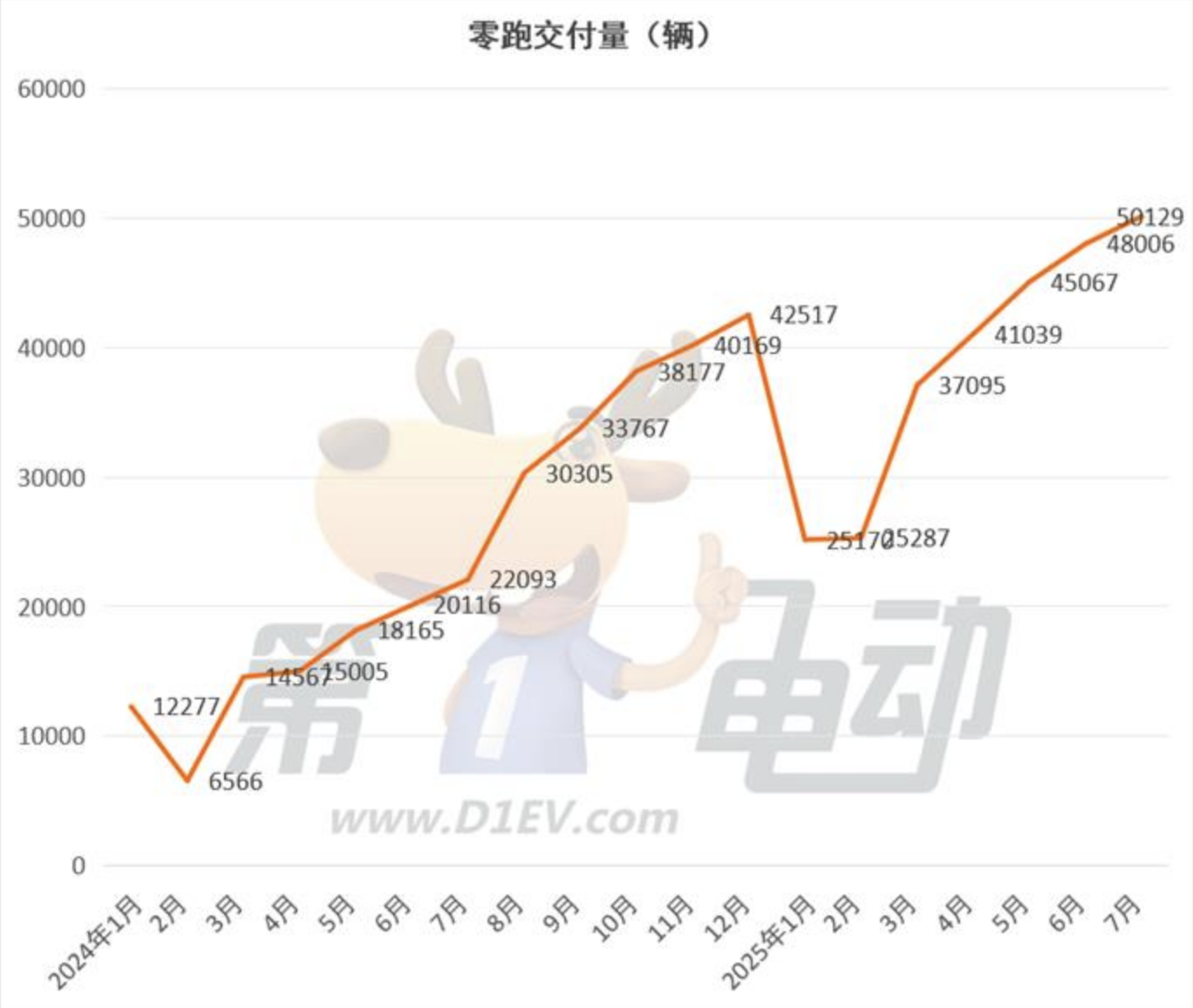
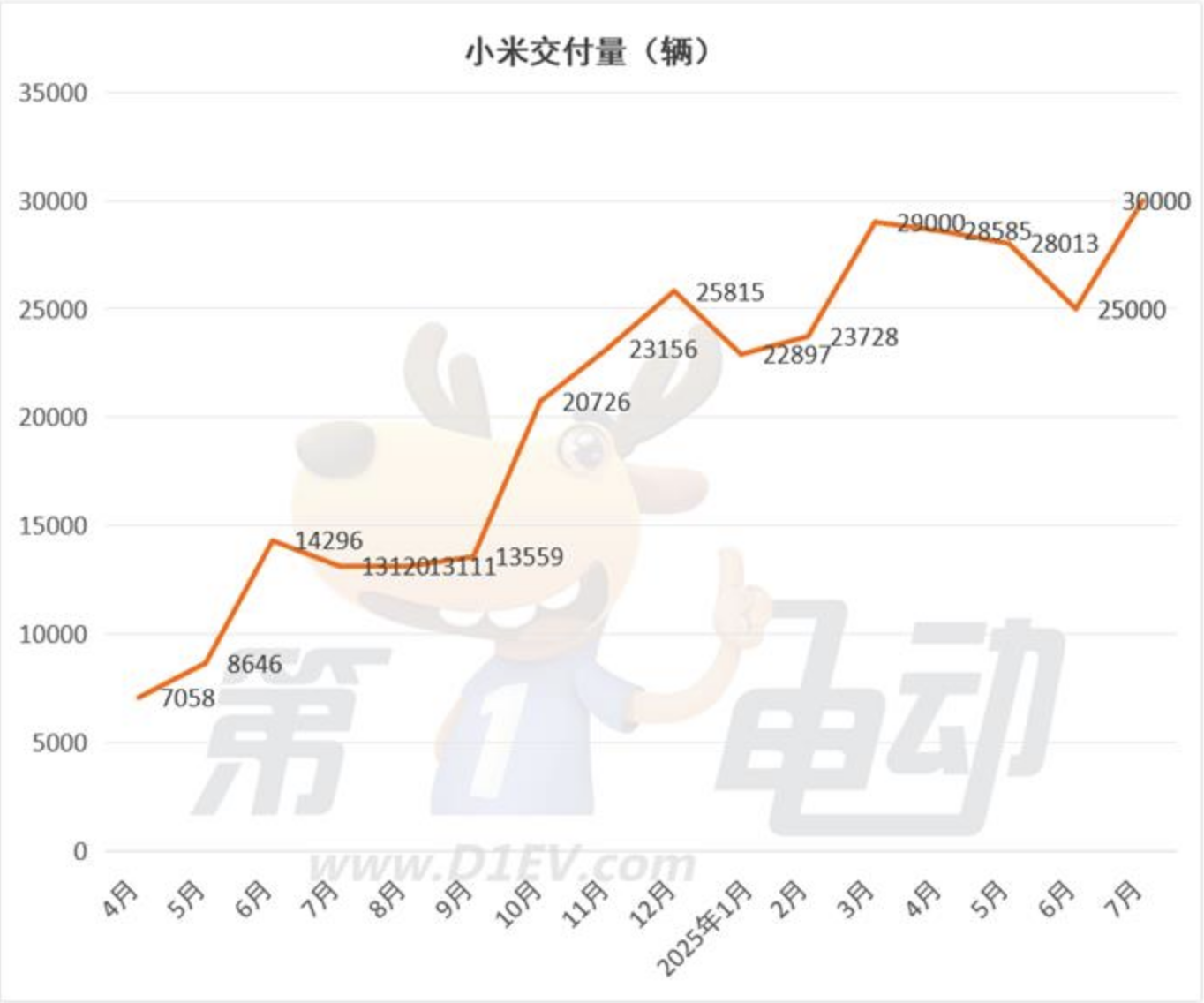
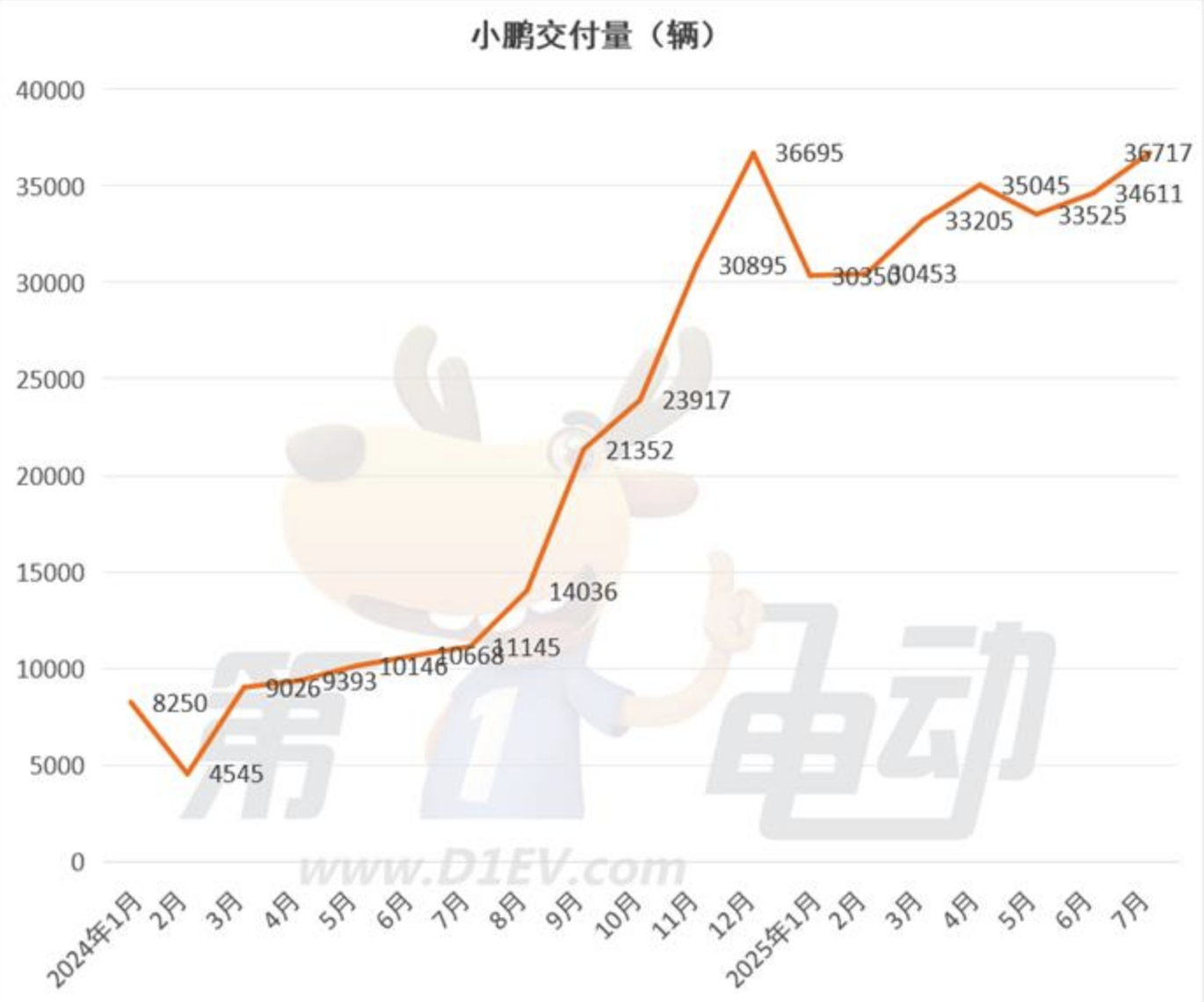
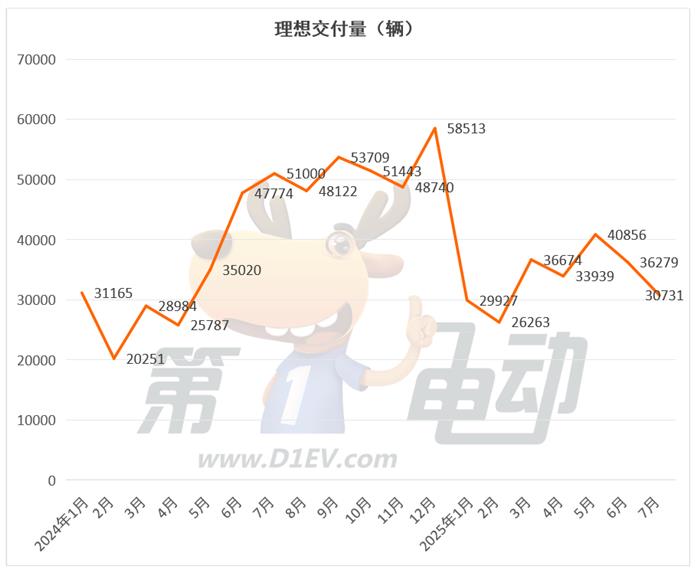
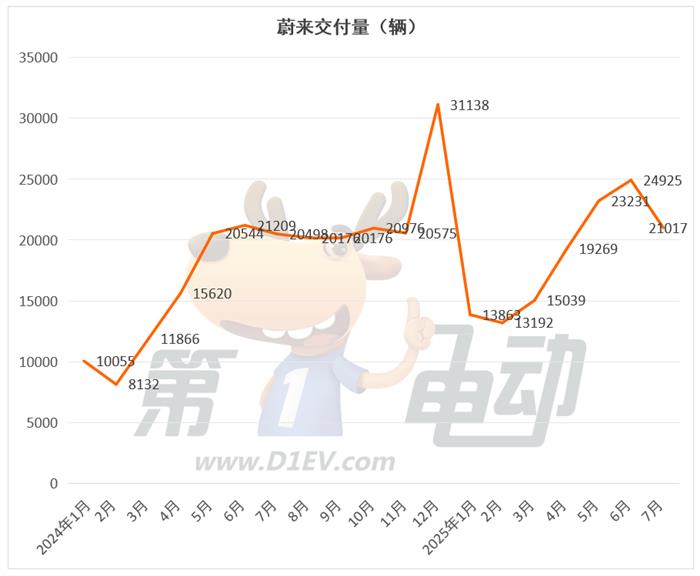
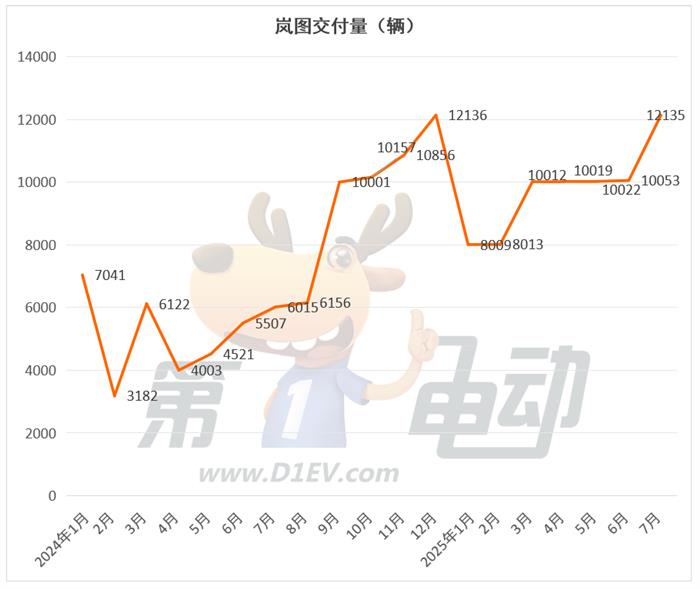
Share this post on: